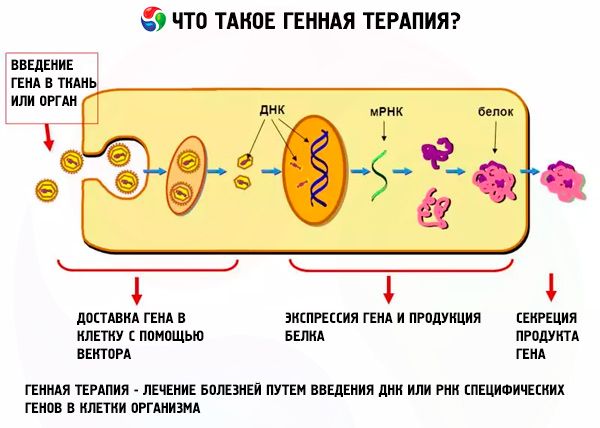New publications
Gene therapy could help treat Alzheimer's disease
Last reviewed: 02.07.2025

All iLive content is medically reviewed or fact checked to ensure as much factual accuracy as possible.
We have strict sourcing guidelines and only link to reputable media sites, academic research institutions and, whenever possible, medically peer reviewed studies. Note that the numbers in parentheses ([1], [2], etc.) are clickable links to these studies.
If you feel that any of our content is inaccurate, out-of-date, or otherwise questionable, please select it and press Ctrl + Enter.
The latest type of treatment – gene therapy – has already demonstrated positive results in patients with Parkinson’s and Huntington’s diseases. As reported by the Times newspaper, the new method will allow medical specialists to overcome many severe neurological pathologies, including such a dangerous disease as Alzheimer’s syndrome – one of the most common types of dementia.
Not long ago, another neurological conference was held in London, where the treatment of such brain diseases as Parkinson's, Huntington's and Alzheimer's diseases was actively discussed. At the same time, scientists insisted that with the help of gene therapy, it will soon be possible not only to treat such diseases, but also to prevent them.
The essence of the newest method is that virus elements carrying copies of normal genes are introduced into certain areas of the brain that are most sensitive to painful disorders. After that, the virus transfers the updated genetic coding to the cellular brain structures - as a result, their functions change, the production of toxic protein is inhibited, the high concentration of which provokes the development of Alzheimer's disease.
"We are still at the very beginning of the path. However, we can already practice a new treatment method. First of all, we are encouraged by the fact that we managed to use microviruses for gene transport to the brain," said Stephen Paul, head of the biotech corporation, commenting on his speech at the conference. He also noted that microviruses can deactivate individual genes inside the brain. "We have access to protein viral shells that can penetrate the blood-brain membrane hundreds of times easier than previously known samples. And this is a very important point," Stephen Paul summed up.
At the same time, a group of specialists representing the Imperial College in London announced significant success in the use of gene therapy to combat similar pathologies in rodents. During the experiment, a specific gene was sent to the brain structures of mice with a microvirus, which had a positive effect on the dynamics of the disease.
Alzheimer's disease is considered to be the most important human pathology in social terms. Researchers and scientists are making great efforts to develop more effective methods of treatment and prevention of this disease. However, until now, the therapeutic scheme has been limited mainly to symptomatic drugs and procedures, since it was claimed that it is almost impossible to completely cure the disease.

At present, the results obtained by scientists on this issue have not yet been implemented in medical practice. At the same time, the results of numerous studies inspire a certain hope. According to preliminary estimates by specialists, gene therapy can be applied in practice in the very near future.

 [
[